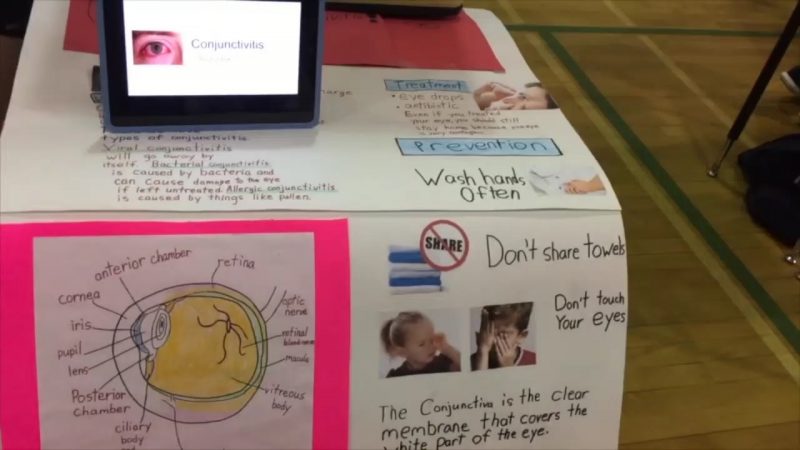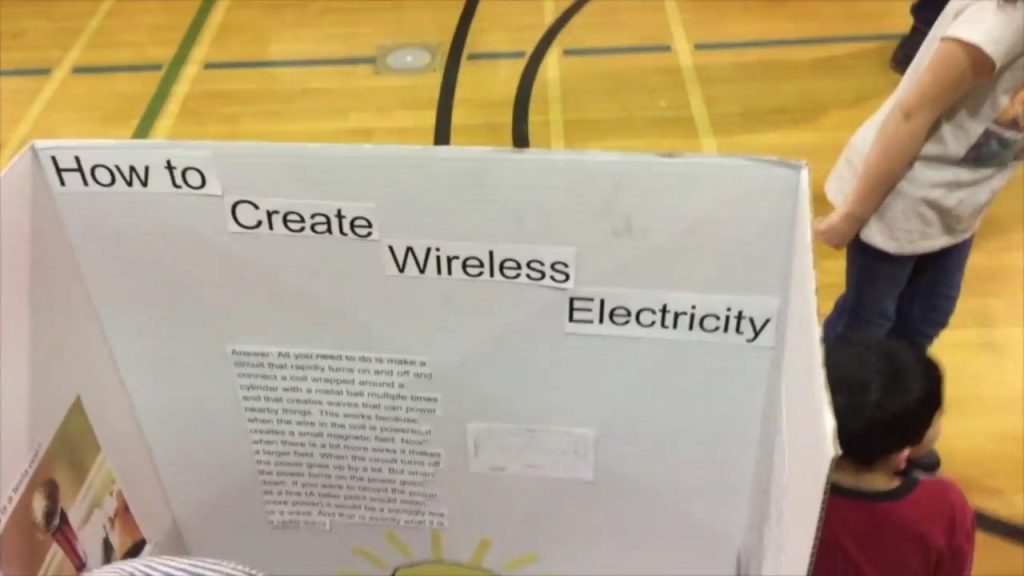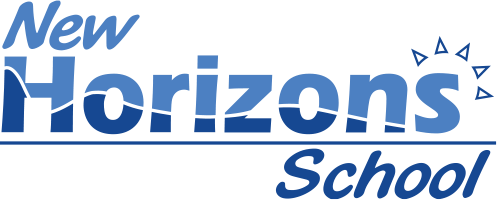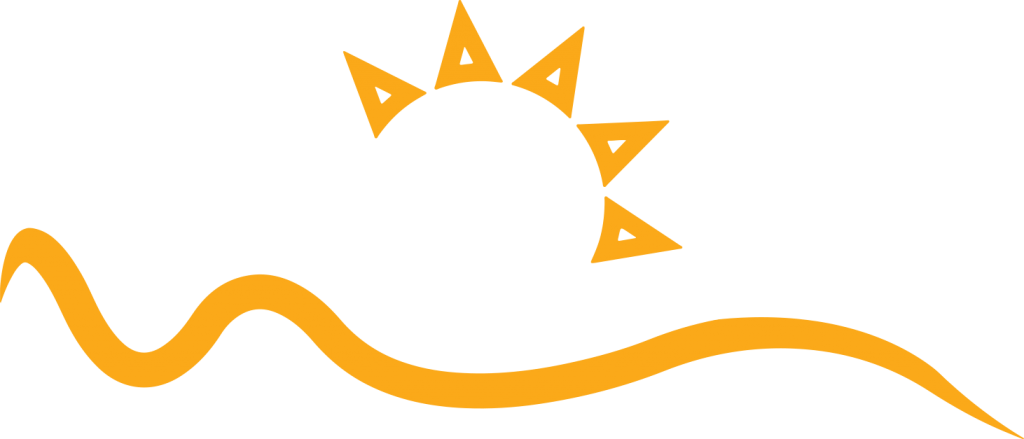Best Practice & Innovative Approaches

Best Practices and Innovative Approaches at NHS We have integrated a variety of innovative and best practices here at New Horizons School. Some of the most impactful ones are listed below.
Acceleration: Whole Grade
Acceleration is when a student is moved through his or her education at a rate faster than his or her peers or at an age that is younger than the typical age.
In some cases, a student may be accelerated a whole grade, or may be accelerated in specific subject areas.
New Horizons School does allow for both kinds of acceleration. When we consider a student for whole-grade acceleration, we use the Iowa Acceleration Scale.
“Meta-analytic reviews have consistently concluded that education acceleration helps students academically without shortchanging them socially and emotionally.”
– James A. Kulik, The University of Michigan
Acceleration: Math
Many students at New Horizons School show a passion and strength in math. In order to determine the level of challenge they require, we use a series of achievement assessments.
Those students who can demonstrate that they have already mastered their grade level math concepts may be accelerated to the next grade.
Math in our school is aligned at the same time so that if a student is accelerated, they join the appropriate grade cohort, whether that be a one or two-grade acceleration.
Congregated Setting
Gifted learners are gifted every hour of the day – not just for a portion of the day. A congregated setting allows gifted learners to learn in a supportive environment together for the entire school day.
By being together with gifted peers who may share similar interest, similar passions, or similar ways of thinking and viewing the world, students are more likely to connect with other like-minded learners.
Supporting Research:
Individual Program Plan
Unlike traditional IPPs, our gifted student IPPs often focus on the student’s “gift” or strength, which could be academic, a specialist or passion area, or even a personal trait such as leadership. Additionally, gifted learners may require support in specific areas. For example, some may be considered twice exceptional, or demonstrate asynchronous development. In such cases, the IPP may include additional goals to address remediation needs.
To develop the IPP, parents are invited to provide input early in the process. Teachers also review the previous year’s IPP to build on established goals and strategies. Once the plan is drafted, families meet with teachers in October to discuss and finalize the IPP. Progress is monitored throughout the year, with updates shared in the March report card. A final review, including a transition plan for the next grade, is provided in June.
To implement and support these individualized plans, each grade has “IPP Time” built into their schedule—a unique and effective approach to meeting the diverse needs of our gifted learners. This ensures that both enrichment opportunities and necessary supports are meaningfully integrated into the classroom experience.
Pursuing Passion: Discovery Learning
I Wonder…?


Junior High Investigations
Gifted learners need opportunities to pursue their areas of interest, often referred to as their passion areas. New Horizons School offers time and support for students to choose an area of interest, focus on an aspect of that area of interest, investigate it, and then share their findings with an audience. At the junior high level, the independent study component of our program is called Investigations.
Investigations has taken on various forms over the years. At times, Investigations is built into the junior schedule, and at other times, a block of time in the year is set aside for students to explore and share their areas of passion.
No matter the lead-up format, students always share their findings on Investigations Day. Students are scheduled to present in concurrent sessions held at different times of the day. Students from other grades and those students not presenting at that time sign up to become part of the audience for their chosen session.
Social Emotional Supports
New Horizons School’s charter has three main goals that focus on these areas:
- intellectual needs,
- social needs,
- and emotional needs.
In order to address the social and emotional needs of gifted learners, New Horizons School is proud to have many supports in place for gifted learners.
When Students Misbehave: Our Approach With Students
At New Horizons School, we want our students to be responsible for their choices of behavior. We want the choices our students make to be need-fulfilling for themselves, while at the same time respecting or not interfering with the needs of others.
Restitution
In order to manage student behavior in a way that is respectful of student choices, we follow process that parallels Dianne Gossen’s Restitution approach. The Restitution approach is based on William Glaser’s Choice Theory (formerly called Control Theory).
Overexcitabilities & Theory of Positive Disintegration
We also understand that gifted students in particular come heightened intensities. These intensities are called “overexcitabilities” in the gifted literature and are based on the work of Kazimierz Dabrowski. Researching gifted individuals, Dabrowski theorized that human beings transform themselves from self-serving, conforming individuals (egocentrism) to self-aware, self-directed persons (altruism).
The Restitution approach looks at the motivations of a student’s behavior which are typically valid and need-fulfilling. Sometimes, however, the student’s chosen behavior interferes with the needs of others (eg. unkind words or hurtful behaviours). We call such a choice a “mistake” because while the motivation may have been valid, the choice of behavior was inappropriate and hurtful. The student needed to make a better choice. In such cases, students are expected to “fix” their mistake (restore the relationship with the person or group they hurt) and learn an alternate course of action which they can choose the next time they are in a similar situation.
Our school needs to be a safe place. Sometimes student choices are so hurtful that they “cross the bottom line.” That includes things like fighting and bullying. In such cases, the student is “removed from the group” for a period of time which can be for part of the day or be full-day suspensions. But that the student comes back to the group strengthened is important. See our Code of Conduct for more information.
When Students Misbehave: Our Social Contract
An important practice at New Horizons School is something called our social contract. Our social contract (on the right) is a statement as to how we want to treat each other and rests on ideals or “beliefs” that we value in our school. They are
- Respect
- Safety
- Fairness
- Honesty
- Learning
We decided on the beliefs as a whole school community several years ago, and we still refer to them continually.
We took those five ideals and created a “social contract” for all those who enter New Horizons School whether they be students, staff, parents, or visitors.
The social contact on the right is the foundation of our Code of Conduct.
OUR SOCIAL CONTRACT
Our school is a place of learning.
It is a place where we treat each other with respect and honesty.
We work and play in a way that is safe and fair.
A social contract is an agreement between members of a group – in this case members of our school community. It identifies how we want to be treated, and how we will treat others. For example, when I am with others, I expect to be listened to, but it is my obligation to listen to others.
With a shared social contract in the Restitution approach, “doing the right thing” relies less on the rules, and more on the beliefs behind the rules leading to increased internal control.


